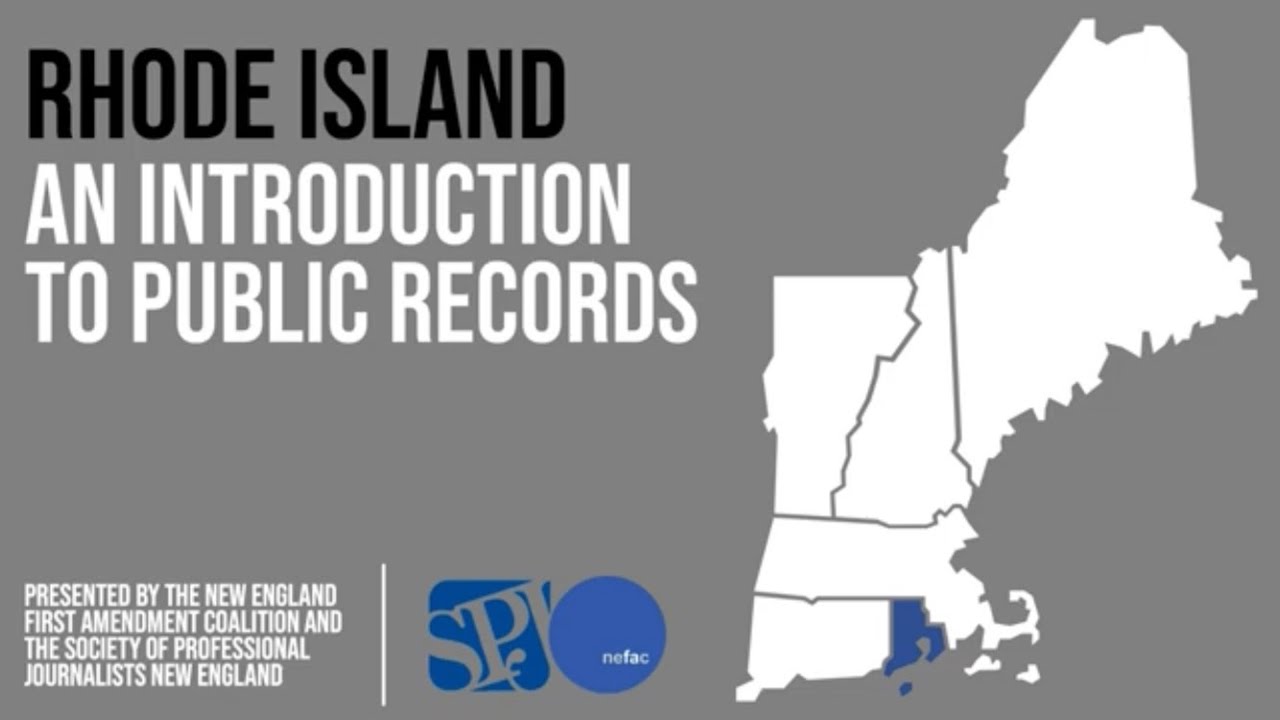In Rhode Island, are 911 calls public records?
In Rhode Island, 911 calls are considered public records, subject to certain exceptions and limitations. These records can provide valuable insight into emergency situations, response times, and the actions taken by emergency personnel. However, the release of 911 call records is governed by specific laws and regulations to ensure a balance between transparency and protecting sensitive information.
Understanding the public accessibility of 911 calls
Public accessibility to 911 calls in Rhode Island means that members of the public have the right to request and obtain copies of these records. This allows for a certain level of transparency and accountability in emergency response operations. Citizens can use these records to investigate incidents, evaluate emergency services, and better understand emergency procedures.
The legality behind releasing 911 call records
The release of 911 call records is governed by the Access to Public Records Act (APRA) in Rhode Island. According to APRA, all public records, including 911 calls, are presumed to be accessible to the public. However, there are exceptions and exemptions in place to protect sensitive information or when disclosure could hinder ongoing investigations or pose a threat to public safety.
Public’s right to access 911 calls in Rhode Island
In Rhode Island, the public has the right to access 911 calls under the state’s public records laws. This right extends to individuals, journalists, and organizations, allowing them to request copies of these records. The aim is to ensure transparency and accountability in emergency response operations, empowering citizens to hold authorities accountable and learn from past incidents.
Factors influencing the disclosure of 911 call records
Several factors influence the disclosure of 911 call records in Rhode Island. One such factor is the ongoing nature of an investigation. If releasing the records could compromise an investigation or impede law enforcement efforts, access to the records may be restricted. Additionally, the presence of sensitive information, such as personal identifiers or medical data, may also impact the release of these records.
Balancing privacy and transparency in 911 call records
The release of 911 call records requires a delicate balance between privacy concerns and the public’s right to know. While transparency is essential, certain personal information or details of a sensitive nature may need to be redacted to protect the privacy and dignity of individuals involved. Striking the right balance ensures that both the public’s interests and individual privacy are respected.
Exceptions to the public availability of 911 calls
There are exceptions to the public availability of 911 calls in Rhode Island. For instance, if a 911 call involves a minor or a person who is considered a victim of a crime, their identity and related information may be withheld to protect their privacy. Similarly, calls involving medical emergencies or mental health crises may be subject to additional restrictions to safeguard sensitive information.
Protecting sensitive information in 911 call records
To protect sensitive information in 911 call records, Rhode Island law allows for the redaction of identifying details or personal information. This ensures that sensitive data, such as addresses, phone numbers, or medical histories, is not disclosed to the public. Redactions strike a balance between transparency and privacy concerns, safeguarding individuals’ rights while still allowing for public access to valuable information.
Impact of public access to 911 calls on investigations
Public access to 911 calls can have both positive and negative impacts on investigations. On one hand, it allows for transparency and public scrutiny, encouraging accountability among emergency response agencies. On the other hand, public access may discourage individuals from reporting emergencies or providing accurate information if they fear their calls will be made public. Striking a balance between transparency and the efficacy of investigations is crucial.
Ensuring accountability through 911 call transparency
The availability of 911 call records helps ensure accountability in emergency response operations. By allowing the public access to these records, authorities and emergency personnel are held accountable for their actions and response times. This transparency fosters trust between the community and emergency services and encourages continuous improvement in emergency response protocols.
Public perception and concerns regarding 911 call records
Public perception surrounding 911 call records can vary. While some members of the public advocate for increased transparency and access to these records, others express concerns about privacy and the potential for misuse. Striking a balance between these viewpoints is essential to address the public’s need for information while respecting the rights and privacy of individuals involved in emergency situations.
Calls for reform: Updates to Rhode Island’s policies
With the evolving landscape of technology and the increasing importance of transparency, there have been calls for reforms to Rhode Island’s policies regarding 911 call records. These reforms aim to ensure that public access to these records remains relevant and effective while addressing concerns surrounding privacy, sensitive information, and the impact on ongoing investigations. By regularly reviewing and updating policies, Rhode Island can adapt to the changing needs of its citizens while maintaining a balance between transparency and privacy in the public’s interest.





